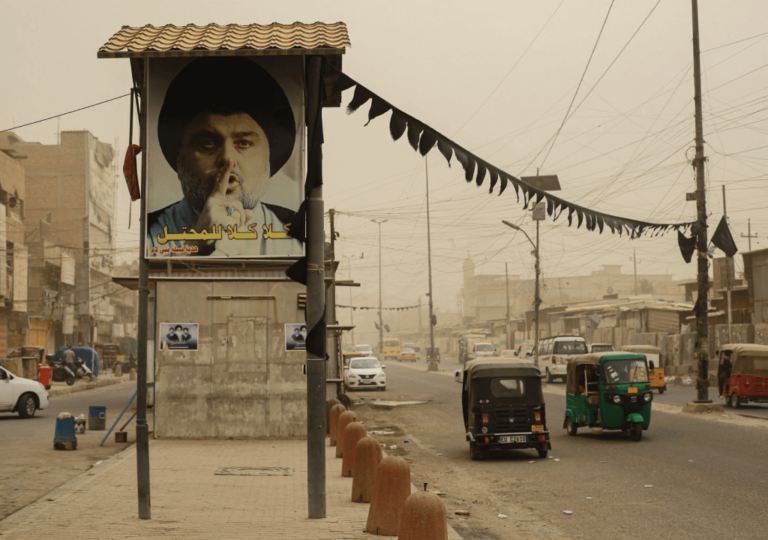A Return to Tradition? Iraq Legalizes Child Marriages

Iraq's parliament has passed laws that may legalize child marriage, raising concerns about women's rights and children's protection

Iraq's parliament has passed laws that may legalize child marriage, raising concerns about women's rights and children's protection

Iraq's complex power dynamics involve shifting allegiances between the US and Iran, impacting its political landscape.